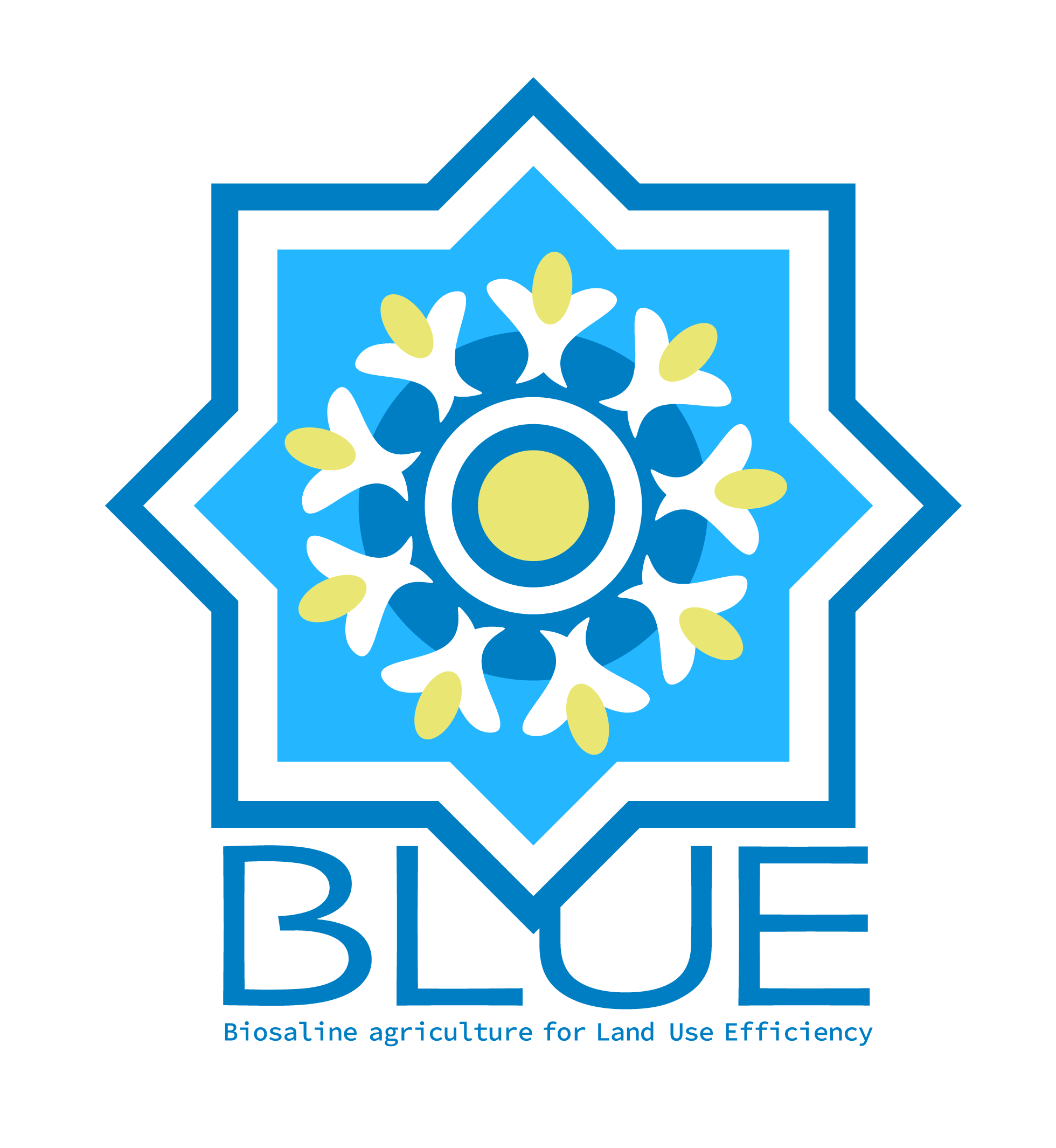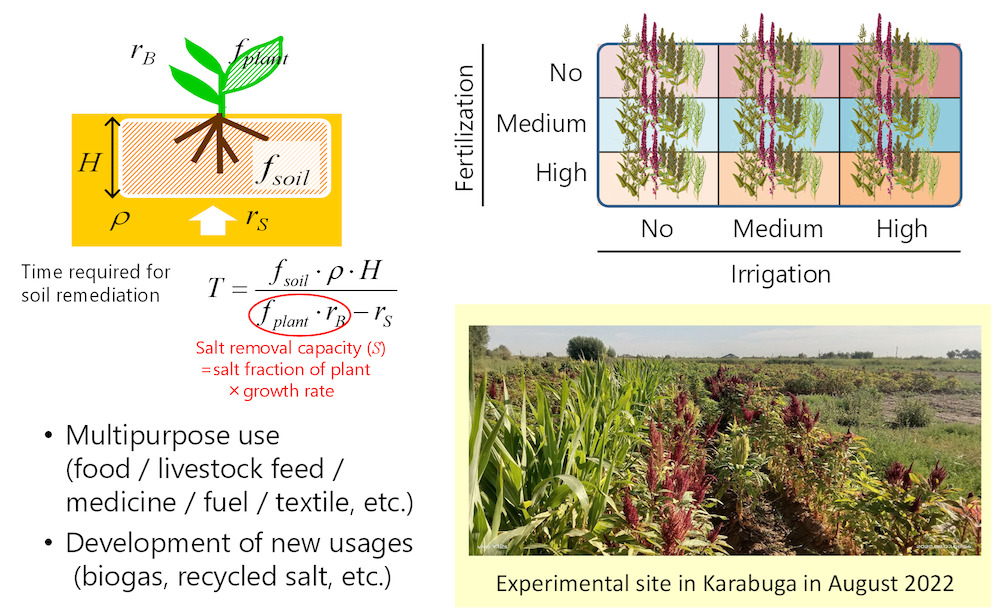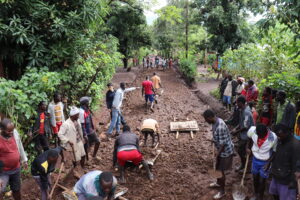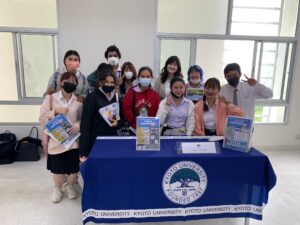Development of Innovative Climate Resilient Technologies for Monitoring and Controlling of Water Use Efficiency and Impact of Salinization on Crop Productivity and Livelihood in Aral Sea region

This project is a five-year SATREPS project, launched in 2020. Its focus is on field work (meteorological and hydrological measurements, vegetation surveys and cultivation tests) in Uzbekistan.
The Aral Sea is an inland sea straddling the border between Kazakhstan and Uzbekistan. The Aral Sea is shrinking as a result of many years of irrigation farming, with salt damage and drought in the surrounding area growing increasingly severe. The aim of this project is to explore the resource value of halophytes (salt-tolerant plants), which can thrive in salinized soils and groundwater, and develop and deploy technologies and business models for practicing sustainable agriculture in small-scale settlements on marginal land. In this way the project aims to achieve circular halophytic mixed farming (CHMF).

Circular halophytic mixed farming (CHMF)
By managing irrigation and wastewater in view of the extent of usable water resources, amount of evapotranspiration and crop breeding, the project aims to improve resilience in the face of anticipated climate change. Also, the project aims to achieve resource-efficient, sustainable agriculture by proactively cultivating halophytic crops in areas of salinized soil. To this end, the project proposes optimal crop mixes and cultivation methods from the perspectives of resistance to salinity and drought, ability to desalinate soil and efficient water use. The project is building a local base for research and education in halophytic agriculture, to provide systematic, practical education in measures against climate change and management of salinity in agricultural areas.

Cultivation test







